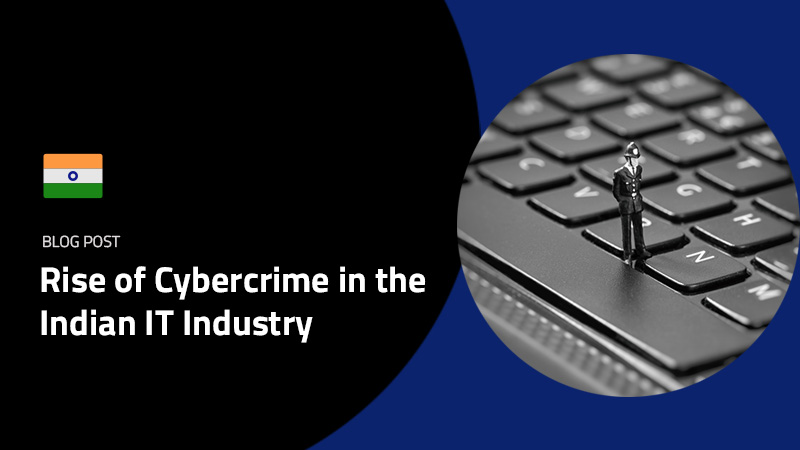Many governments and organizations are just now realizing the importance of setting up BYOD guidelines to protect themselves against possible data breaches through workers’ devices.
Canada’s Office of the Privacy Commissioner is among those who have recently published guidelines on bringing your own device to work, helping organizations figure out the best way to manage this phenomenon.
The document is a solid overview of what everyone should be aware of when setting up their own BYOD policies, plus it gives helpful tips on rolling out an initiative.
Here’s a look at some of their recommendations.
Determine risks
Be aware of what can go wrong with BYOD.
This includes:
- Loss of corporate data
- Malware infecting a corporate network
Show your managers why you need a policy
Manager buy-in is a critical first step in getting employees on board as well. Be sure to explain why and how you’re implementing monitoring, and what are the expected benefits.
Getting managers input and sign off on your plan will smooth the road ahead…
Set usage guidelines
This should include:
- Acceptable use
- Corporate monitoring
- Sharing of devices with friends/family
- App management
- Responsibility for security features and voice/data plans
Create authentication and authorization practices
These will apply to anyone trying to connect to the corporate network and help protect against data theft and malware.
Have a roll-out plan
- Set up a way to update software remotely and erase data if a device is lost or stolen, or if the employee leaves the organization.
- Create a way to manage apps. This can be through a list of approved apps or through remote IT app installation.
- Test it out. Choose a few lucky staffers for a test run of your pilot program.
- Make sure all employees understand what they need to do to keep data and networks safe.
- Be aware that employee monitoring is a key aspect of a solid BYOD policy.
BYOD participants should know to mitigate risk by not clicking on suspicious links, viewing suspect text messages and by exercising sound judgement as to the sites they visit. — Office of the Privacy Commissioner
Use these recommendations to establish your own guidelines. For more information on employee monitoring, visit Digital Endpoint.






